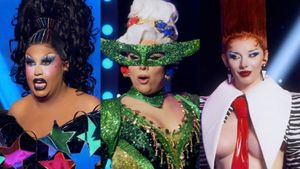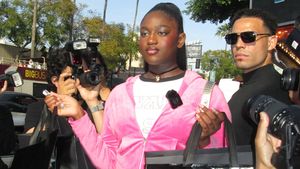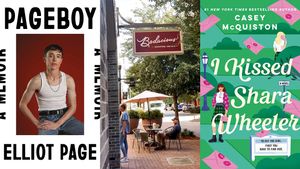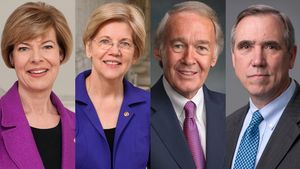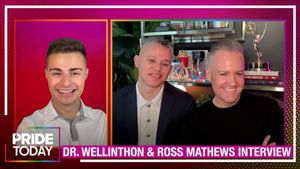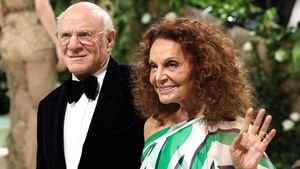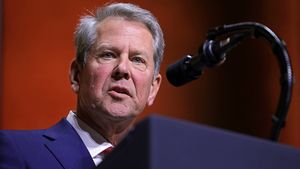Black families have long maintained that the Administration for Children’s Services is unjustly biased against them. In New York City, a new report has proved their complaints.
Per The New York Times, a survey from 2020 of around 50 Black and Hispanic caseworkers and agency managers in Brooklyn and the Bronx found that many believe the child welfare system is a “predatory system that specifically targets Black and brown parents” forcing them to undergo “a different level of scrutiny.”
According to the report, Black families in the New York system are seven times more likely than white families to be accused of child abuse or mistreatment. They are 13 times more likely to have their children removed from their homes.
The survey concluded: “Black and brown parents are treated at every juncture as if they are not competent parents capable of providing acceptable care to their children.”
The report also found that "symptoms of poverty are frequently punished as signs of neglect," as poor families, the majority of whom are Black and Latino, are also investigated at a higher rate.
Families involved in child welfare investigations refer to the process as "traumatic" and "invasive," reporting unannounced visits where workers strip-search children to find bruises. Several families report their children developing PTSD after welfare investigations.
The process is especially damaging in cases where no neglect is found. Data from The74 reveals that educators in New York City made over 13,750 false alarm reports to the state child abuse hotline, which disproportionately subjected Black, Hispanic and low income families to probes.
According to several caseworkers, many parents do not know their rights. Employees report being pressured to forcefully enter homes, yet had no obligation to inform them. Because of this, some workers said they “feel complicit in the harm that A.C.S. can cause Black and brown families."
They recommend instating a "Miranda warning" policy that would inform parents of their rights not to speak with caseworkers or let them in without a court order. Agencies have long opposed such policies, claiming it is important to be able to immediately assess the safety of children.
Joyce McMillan, executive director of JMac for Families, said via The Times that agency tactics are “based on surveillance and not the actual protecting of a child."
“The report also tells us that their own workers are not comfortable doing this stuff and that they feel choked into submission,” she said.
A.C.S. has not responded to the study, but commissioner Jess Dannhauser said in a statement that they will work to address “racial inequities that have existed in child welfare for too long.”
“A.C.S. is focused every day on achieving safety and equity. While many have suggested it must be one or the other, we believe they can only be accomplished together,” he said. “We will continue to put policies and initiatives in place that aim to keep children safe while reducing unnecessary A.C.S. involvement.”
But Emma Ketteringham, who heads the Bronx Defenders’ family practice, said that there have been no changes at A.C.S. since the report.
She said: “The bigger picture here is that we have A.C.S. publicly committing to be an anti-racist organization and then not even sharing the findings publicly, let alone implementing them.”
- Busy Philipps and Her Non-Binary Child Celebrate Pride Month ›
- Lorde's 'Solar Power' Accidentally Released Onto Streaming Services ›
- Netflix Wins Battle for Rights of New Lee Daniels Film ›
- Doctor Who Provided Abortion Services to Young Rape Victim Is Suing the State's Attorney General ›
- EPA Confronts Environmental Racism in Cancer Alley ›
- California County Declares Racism a Public Health Crisis - Advocate Channel ›
- Central Park Entrance to be Named After Exonerated Central Park Five - Advocate Channel ›
- Students of Color Forced to Take Military Training Courses to Graduate High School - Advocate Channel ›













